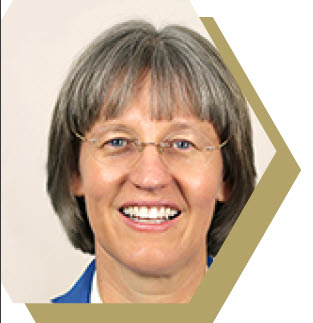
Seminar Abstract
In 1988, the World Health Assembly resolved to eradicate poliomyelitis by the year 2000. As of 2023, the job is not done. Since 2000, analytical modeling of the polio end game has provided critical insights to some national and global decision makers. However, the Global Polio Eradication Initiative (GPEI) partnership has evolved over time, with different perspectives driving the development and implementation of strategic plans. While countries and the GPEI can count many successes, polioviruses still continue to circulate, and in 2022 the US reported a case. This presentation will provide an overview of some of the decision support modeling provided over the last 2 decades, and perspective on what makes modeling impactful (or not) for highly complex global systems.
About Dr. Thompson
Dr. Kimberly M. Thompson's research interests and teaching focus on improving children’s lives and global health by integrating the best available evidence into integrated health risk, economic, and policy models that inform decisions and improve management. While on the faculty at the Harvard School of Public Health, Dr. Thompson created and directed the Harvard Kids Risk Project, which initiated collaborative work with several partners of the Global Polio Eradication Initiative (GPEI) to support polio endgame policy analyses. In late 2008, Dr. Thompson incorporated Kid Risk, Inc. as a self-standing, non-profit organization, which has continued the collaborative work with GPEI partners. In 2014, Dr. Thompson led the U.S. Centers for Disease Control and Prevention (CDC)/Kid Risk, Inc. team that won the Institute for Operations Research and the Management Sciences (INFORMS) Edelman Award.